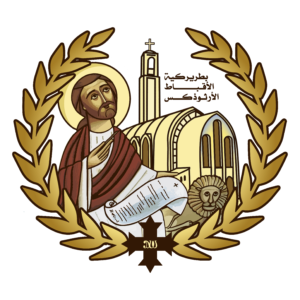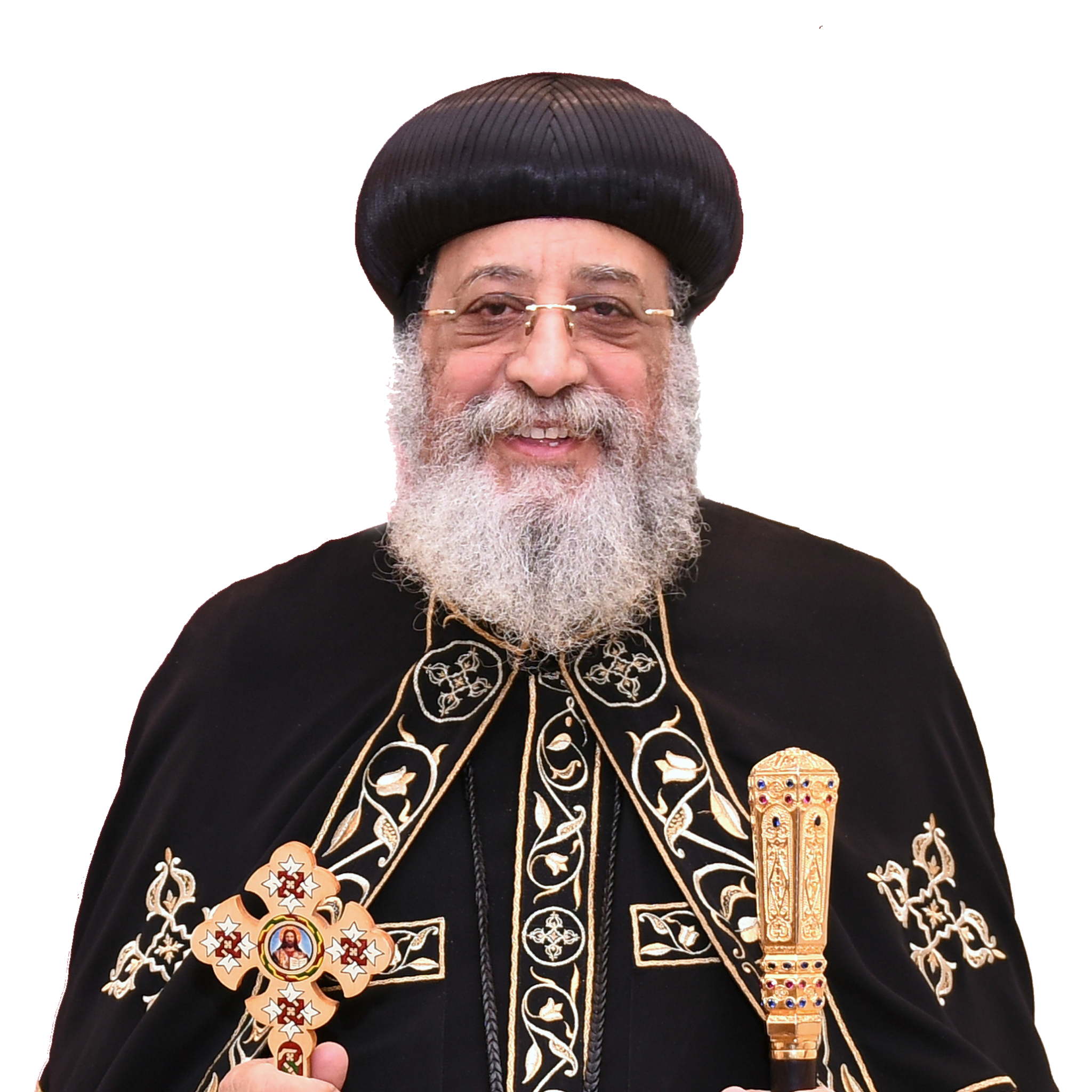The family of the Eastern Orthodox Churches (non-Chalcedonian): It is the group of Churches that rejected the Council of Chalcedon and its decisions. It includes the Coptic Church, the Syrian Church, the Armenian Church (Seat of Antelias and the Etchmiadzin Seat in Armenia), the Indian Syriac Church, the Ethiopian Church, and the Eritrean Church.
The family of the Orthodox Churches (Greek Orthodox): They are called the Chalcedonian Churches or the Melkite Churches, meaning those who were affiliated with the king/emperor after the Chalcedonian schism. They separated from the Church of Rome in 1054 AD. Today, they represent 19 churches around the world which are: four ancient patriarchates (Constantinople, Alexandria, Antioch and Jerusalem), five modern patriarchates (Russia, Serbia, Romania, Bulgaria and Georgia) and six independent churches (Cyprus, Greece, Czechoslovakia previously, Poland, Albania and Mount Sinai).
Four of its churches have autonomous rights, meaning they have the right to manage their pastoral affairs, but their Holy Synod is not entitled to ordain a head for the Church. The head of each Church has the rank of archbishop and is ordained by the Ecumenical Patriarch. These churches are: Finland, Japan, America and China.
The Catholic Churches Family: They are the Catholic Churches which follow the Seat of Rome. They separated from the Greek Orthodox Churches in the eleventh century (1054 A.D.)
The Protestant Church Families:
They are the Churches that separated from the Church of Rome in the sixteenth century in 1521 AD, by Martin Luther, in what was known as the Reformation Revolution. Many other Protestant churches emerged from these churches.
The Anglican Church (Episcopal): It is a group of Churches known as the Anglican Communion. It split from the Church of Rome in 1538 AD. In its origin, it was the Church of England, but has now spread in the islands of Britain, the Commonwealth of Nations and America. It is counted within the Protestant family in ecumenical forums.
The Assyrian Church (Nestorian): It is the Nestorian Church, and it follows the Assyrian rites. It is found in Iran, Iraq, India, Chicago (America) and Canada. This Church did not attend the Council of Ephesus in 431 AD, nor accepts its decisions. They venerate Nestorius, Theodore of Mopsuestia and Diodorus of Tarsus. They simultaneously oppose St Cyril of Alexandria, St Severus of Antioch, and Pope Dioscorus.
Theological Dialogues and Agreements
Through the study of the development of ecumenical activity in the Coptic Orthodox Church during discussions, it is evident that:
1) The ecumenical work in the Coptic Orthodox Church is greatly developing. The Orthodox Church has entered many dialogues with numerous Churches, seeking ecclesiastical unity and full communion on the basis of faith in the one Lord, one faith and one baptism, as stated in Ephesians 4:5.
2) Concerning the Christological Agreement with the Greek Orthodox Churches, it was followed by several pastoral agreements regarding the acceptance of the sacraments of baptism and marriage, between the Churches of the Eastern Orthodox family and some of the Greek Orthodox Churches. The issues of councils and saints are yet to be resolved. When these two problems are resolved and the bans are lifted, there is the possibility of exchanging the Church sacraments, declaring the full fellowship between the two Orthodox families.
3) The Christological agreements that were signed with the churches (Catholic, Reconciliation and Episcopal) are very blessed steps in the path of unity, but they do not mean the establishment of full communion between us and these Churches. It is necessary to agree on the rest of the theological disputes, in order for there to be one faith and one baptism (Ephesians 4:5) between these Churches, and then full communion can be achieved.
4) During the Holy Synod’s assembly on Saturday 21st June 1986, regarding the theological agreements between the Coptic Orthodox Church and other Churches, their decisions specified that “the agreement becomes official when the holy councils of these Churches approve it.”
God is able to bless the Church efforts made by all those sincere about fulfilling the Lord Christ’s prayer: “…that they all may be one, as You, Father, are in Me, and I in You; that they also may be one in Us, that the world may believe that You sent Me (John 17:21)… Amen.
This page is also available in:
العربية


